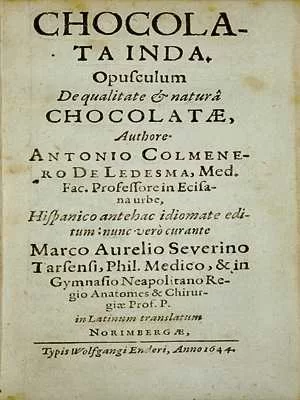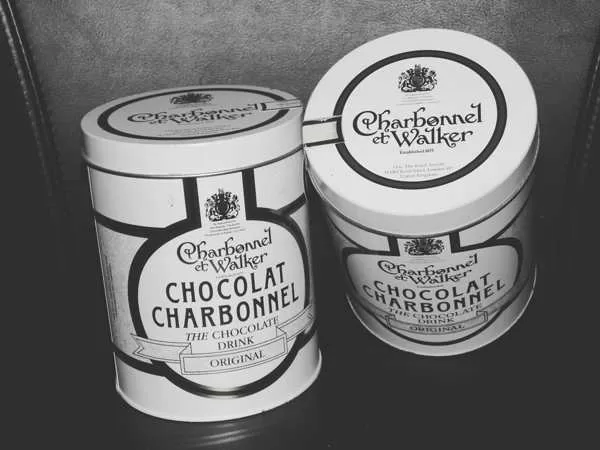Chocolate: a word synonymous with indulgence, a creamy delight that melts on the tongue. But its journey from a bitter Mesoamerican beverage to the ubiquitous candy bar is a fascinating tale filled with cultural exchange and culinary innovation. Let’s embark on a delicious expedition through the history of chocolate!
Chocolate’s European Arrival: A Royal Obsession
The Spanish conquistadors, returning from the Americas in the 16th century, brought back a curious concoction – chocolate. Initially enjoyed within the confines of royal courts, this thick, bitter drink (sometimes flavored with chili peppers!) quickly captivated European nobility. As trade routes expanded and prices dropped, chocolate gradually trickled down to the masses.
The Rise of Chocolate Houses: A Social Hub
By the mid-17th century, London boasted its first establishment dedicated to the chocolate experience – the chocolate house. These bustling social hubs offered patrons a chance to sip on rich chocolate drinks, engage in lively conversation, and even catch up on the latest news. Diarist Samuel Pepys mentions his fondness for chocolate as a morning beverage, highlighting its growing popularity.
From Bitter Brew to Milky Delight: Innovation Takes Hold
The evolution of chocolate continued with the invention of milk chocolate in 1689 by Hans Sloane, a renowned physician and plant collector. This innovation ushered in a new era of creamy sweetness, further broadening chocolate’s appeal.

The Etymology of a Delight: Unveiling the Word’s Origins
Tracing the word “chocolate” back to its roots takes us on a linguistic adventure. One popular theory suggests it stems from the Nahuatl language of the Aztecs, combining “xococ” (bitter) and “atl” (water). Another possibility points to the Yucatec Mayan term “chokol” (hot) paired with the Nahuatl “atl.” The debate adds a layer of intrigue to chocolate’s history.
“The Food of the Gods”: A Heavenly Connection
The scientific name for the cocoa tree, Theobroma cacao, holds a divine connotation. Derived from the Greek words “theos” (god) and “broma” (food), it literally translates to “food of the gods.” This celestial association speaks volumes about the reverence ancient cultures held for chocolate.
From Liquid to Solid: The Birth of the Chocolate Bar
Fast forward to the 19th century, and we witness the birth of the modern chocolate bar. In 1847, Joseph Fry, a Quaker entrepreneur, revolutionized chocolate by creating the first solid bar for mass consumption. Fry, along with the Cadbury family (who merged with Fry’s in 1919), were pioneers in offering ethical alternatives to alcohol, promoting chocolate, tea, and coffee as healthier options.
A Word of Caution: Chocolate and our Furry Friends
While chocolate is a delightful treat for humans, it can be toxic to our furry companions. Theobromine, an alkaloid naturally present in cocoa, is difficult for some animals, especially dogs and cats, to metabolize. So next time you indulge in a delicious chocolate treat, remember to keep it out of reach of your pets.
A Personal Indulgence: A Celebration of Exquisite Chocolate
The author expresses a deep appreciation for the luxurious drinking chocolate by Charbonnel et Walker, a brand known for its smooth and decadent flavor. They also share a fondness for the locally-crafted chocolates from Whitakers in Skipton, a testament to the regional variations and artisanal excellence found in the world of chocolate.
Chocolate’s Enduring Allure: A Legacy of Flavor
From its humble beginnings as a bitter beverage to its diverse modern forms, chocolate continues to tantalize our taste buds and capture our imagination. The story of chocolate is a testament to human curiosity, cultural exchange, and our relentless pursuit of deliciousness. So, the next time you savor a piece of chocolate, take a moment to appreciate the rich history and fascinating journey that this delightful treat has taken.

